10 inspiring winners of the fourth Theirworld Education Innovation Awards
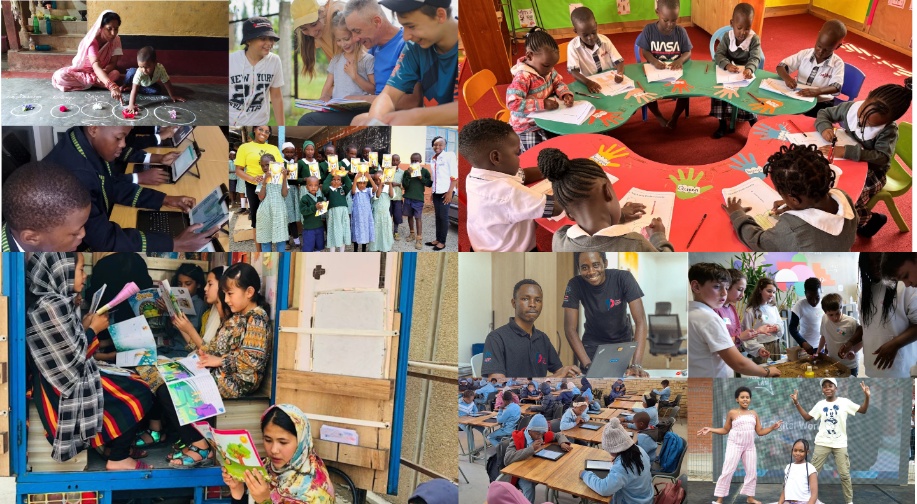
We will work with a new cohort of creative non-profit organisations to help them scale up their bold projects to reach even more marginalised young learners.
Ten exciting and inspiring learning projects for marginalised children have been named as winners of the latest edition of the Theirworld Education Innovation Awards.
They range from using AI to turn community stories into picture books in Uganda to mobile libraries helping children shine in the Afghan capital Kabul.
Theirworld will work with the 10 bold, creative non-profits to help them expand their pilot programmes to reach even more learners. Each will receive support to grow their impact through leadership coaching, masterclass training sessions, one-to-one mentoring and a grant of up to £50,000.
The Theirworld Education Innovation Awards were launched in 2021 and are open to non-profits, NGOs and charities. The fourth edition attracted more than 1,200 expressions of interest, with applications from dozens of countries.
Angela Solomon, Theirworld’s Senior Advisor for Innovation, Projects and Research, said: “New approaches are crucial to ending the global education crisis and ensuring every child has the best start in life, a safe place to learn and skills for their future.
“We see this as an investment in unlocking big change for children all around the world. This new cohort of 10 innovators is changing young lives through digital empowerment, early child education, AI-enabled technologies and much more. We are excited for them to benefit from the awards programme and can’t wait to see their impact grow.”
Here we look at the winners and their ambitions to scale up their work.
PACEmaker International (Kenya, Malawi)
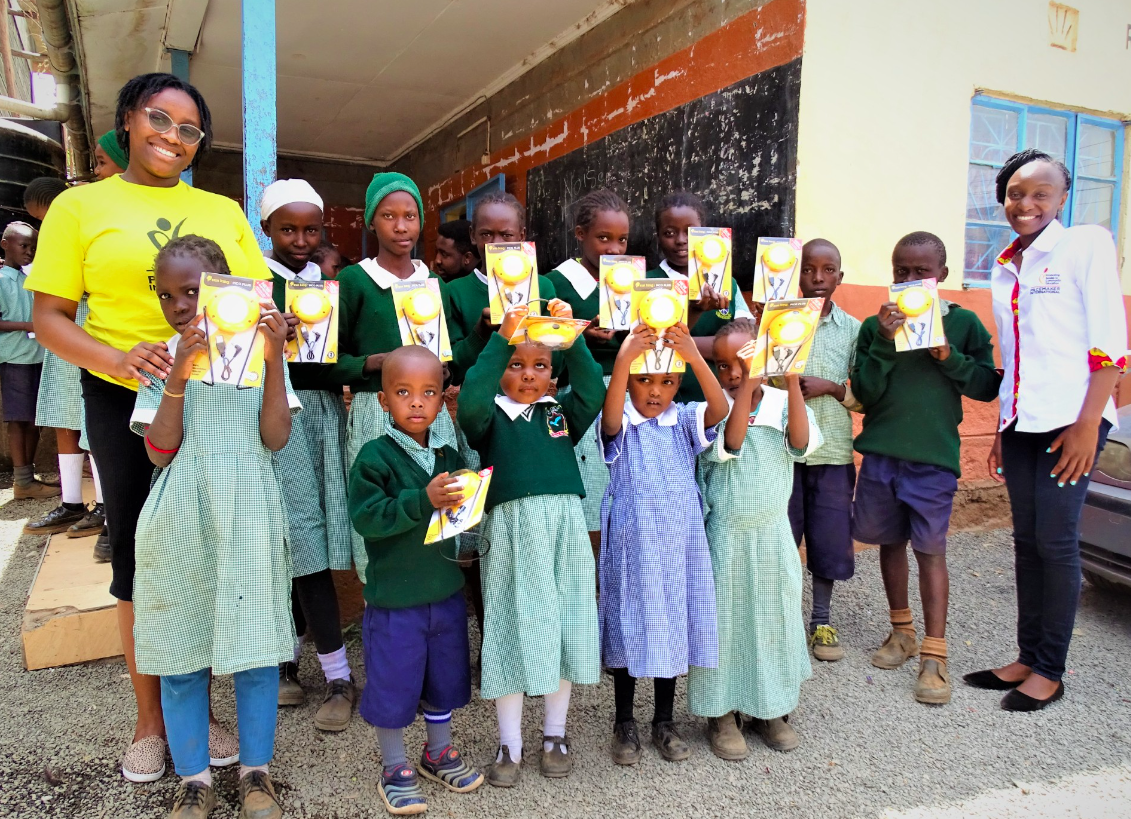
This project turns Kenyan high school graduates on gap years and university students on long holidays into teaching supporters for students in underserved schools. Supported schools report an 8% average improvement in national exam results and 93% retention rates.
PACEmaker International said: “We solve the education problem by solving another problem – the youth engagement problem.”
Over the next three years, the goal is to scale up and reach 60,000 learners through 400 youth supporters in Kenya and Malawi.
Enjuba Spelling Bee (Uganda)
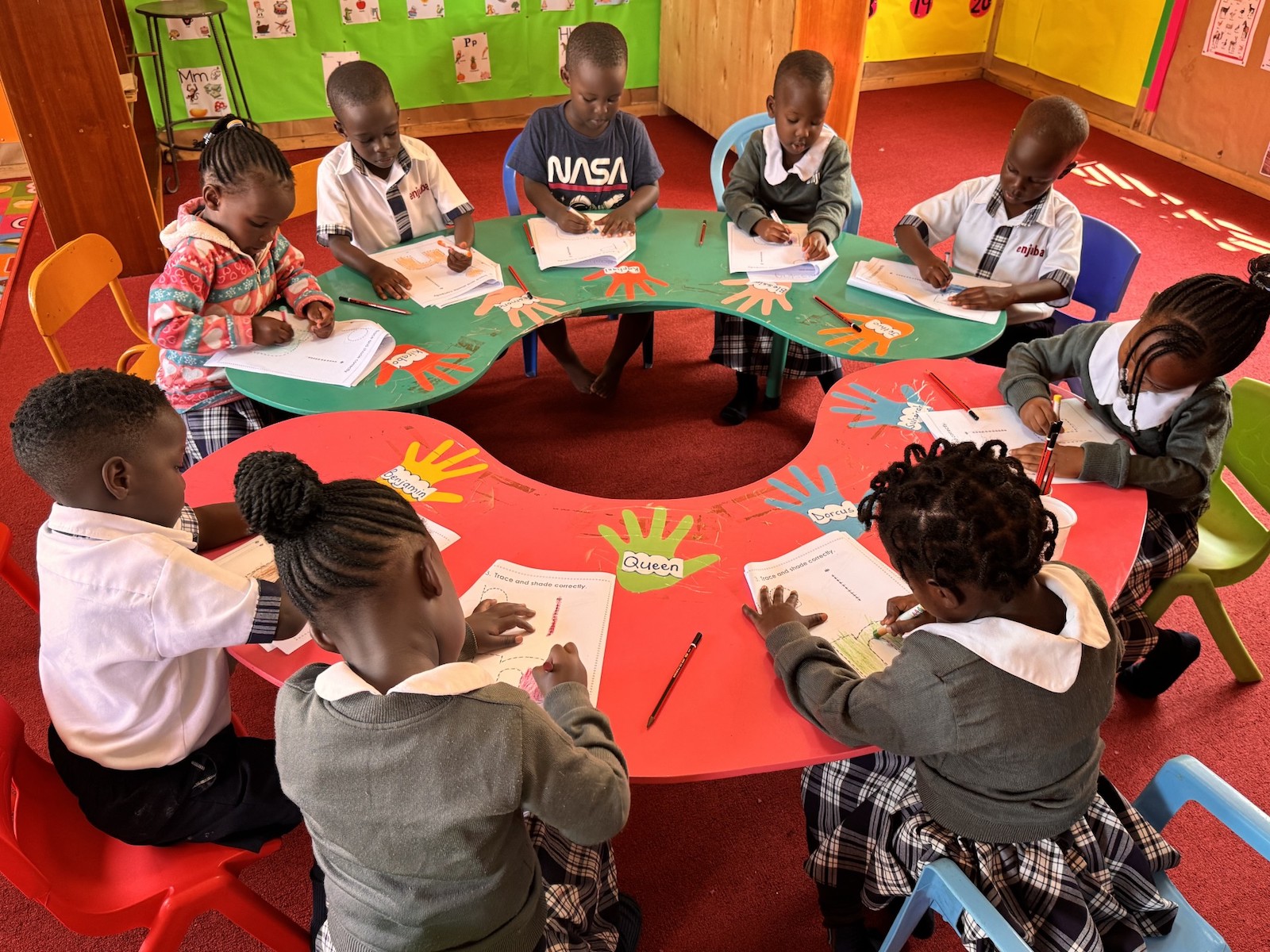
Enjuba enhances literacy and provides high-quality pre-primary education in rural areas. Using artificial intelligence, it curates stories from children, elders and parents and turns them into picture books for children and libraries. It also runs spelling competitions and activities.
Enjuba said: “Our innovation focuses on making learning fun and tapping into the intrinsic motivation of children to become lifelong learners.”
In the next year, the organisation aims to scale up to reach 47,000 children through partnerships with rural public schools and local government.
ThinkZone (India)
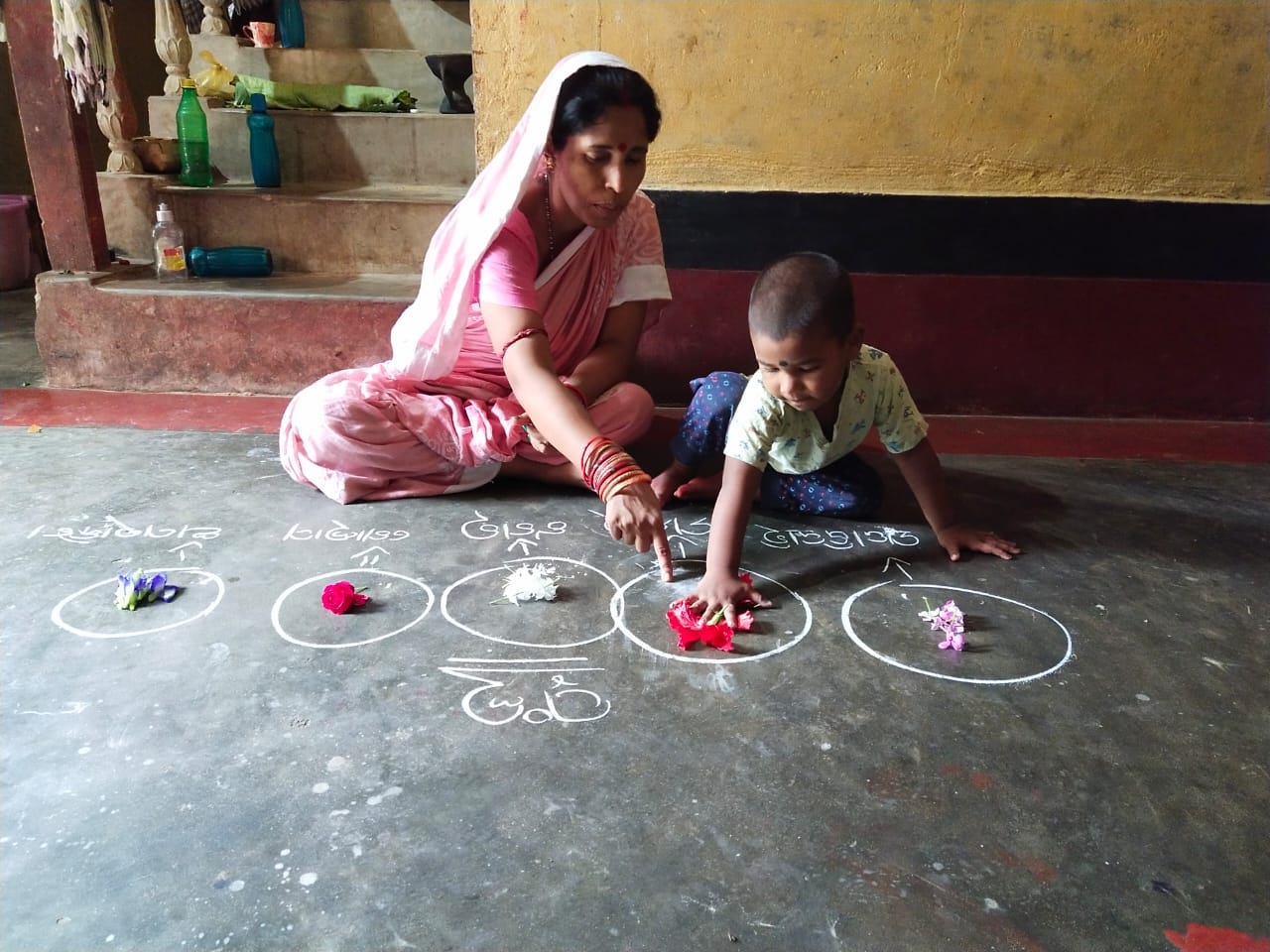
ThinkZone created a home-based programme that enhances education access in underserved communities by engaging parents in children’s learning. The system offers personalised support via affordable technology and its curriculum is endorsed by governmental bodies.
ThinkZone said: “We offer tailored educational materials in vernacular languages, free of charge.”
The goal in the next three years is to expand the programme beyond its current 10,000 learners and integrate it into the state education system.
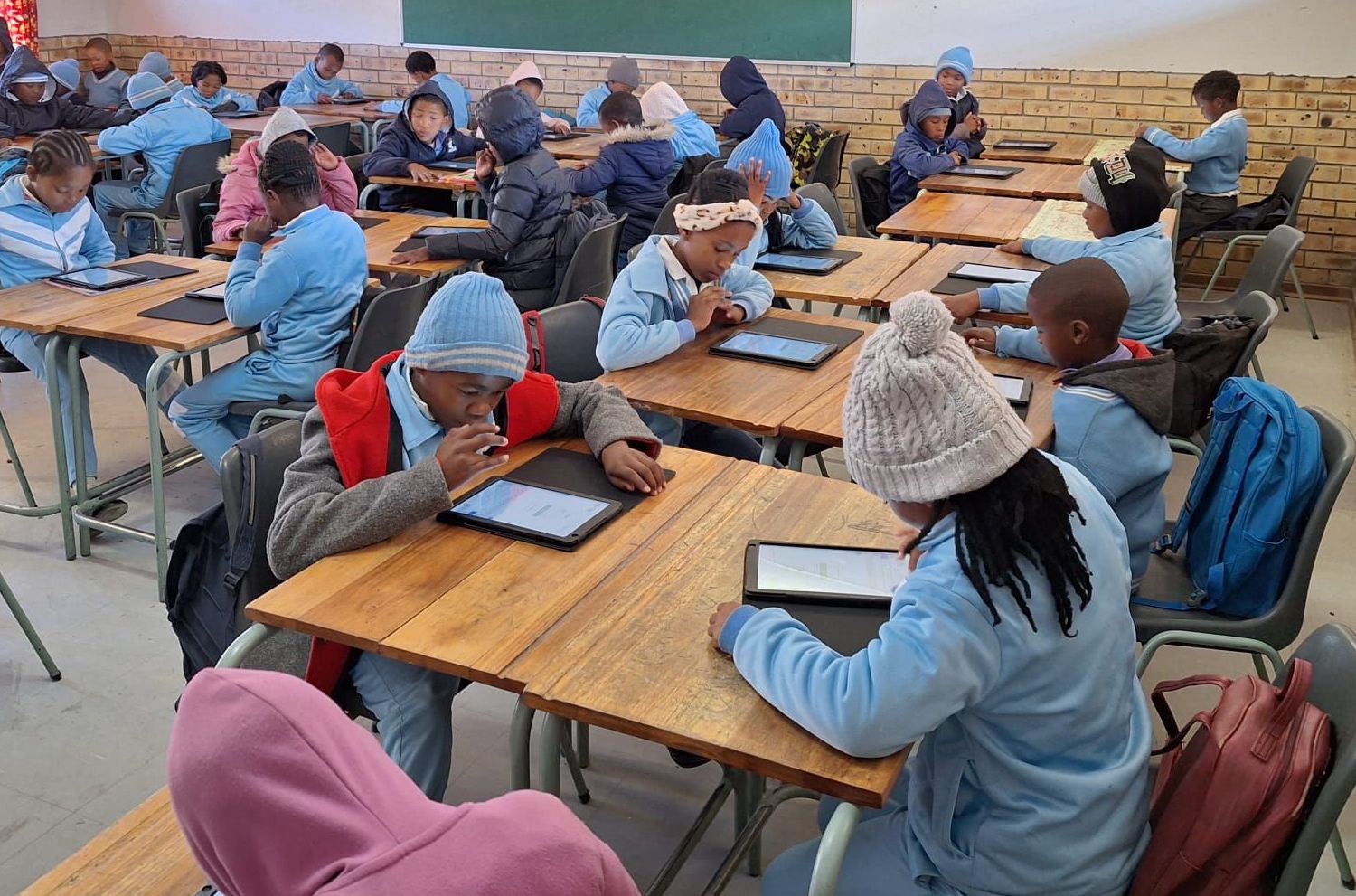
The Reflective Learning Foundation NPC (South Africa)
Reflective Learning is a tech-based teacher tool which identifies and closes gaps in students’ mathematics and English knowledge. The software diagnoses what help each individual student needs then offers remedial learning, An AI-driven reading tool is being created to allow students to tell interactive stories.
Reflective Learning said: “We aim to tackle learning gaps that have developed from previous years, instead of focusing on delivering the curriculum of the grade the student is in.”
The goal is to scale up and reach 100,000 students through partners in countries where the foundation does not currently operate.
Power Learn Project (Kenya)
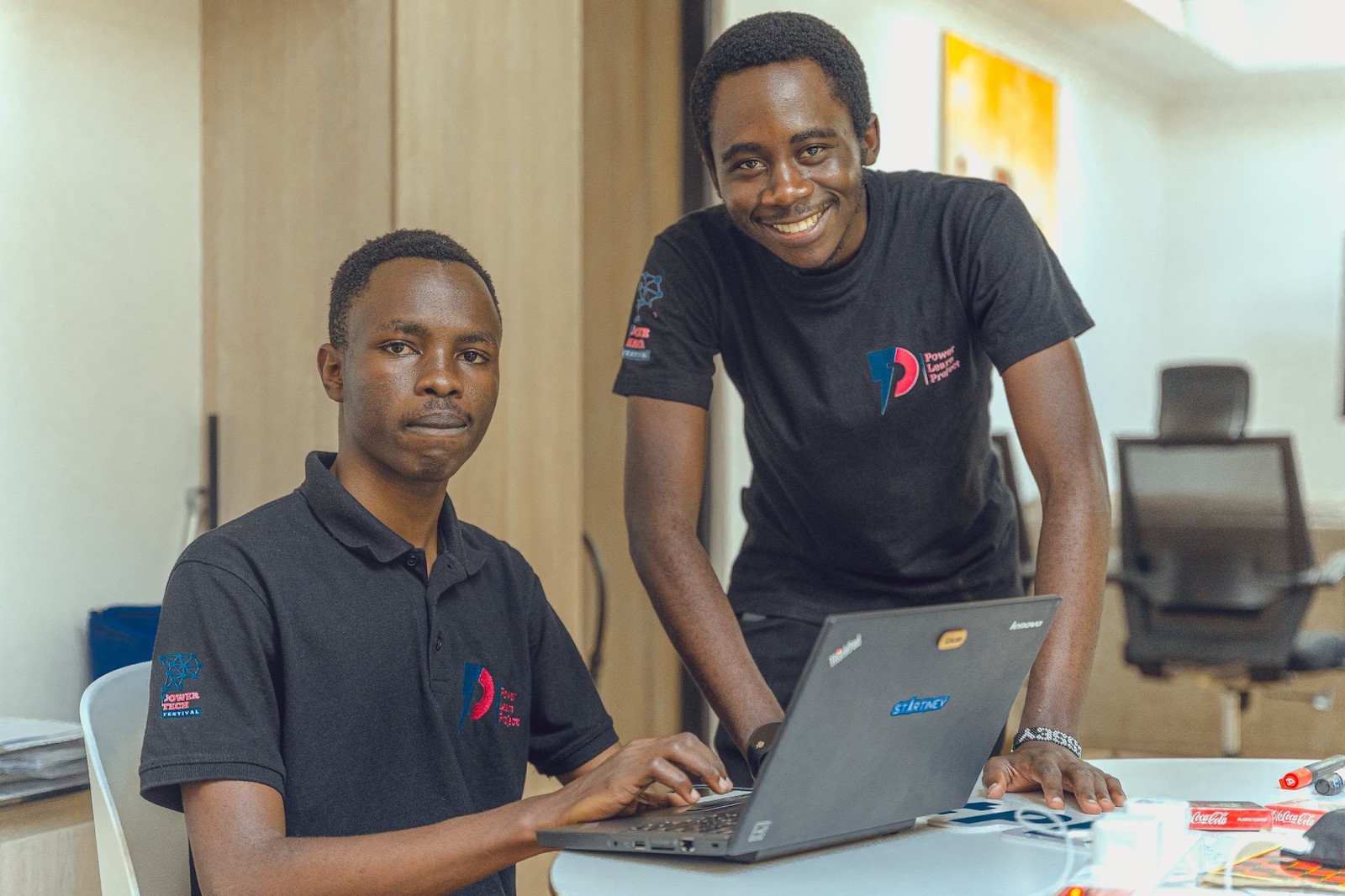
The organisation developed a virtual tech-skills learning portal to train youth in software development, enabling graduates of the 16-week programme to access work as junior software developers or tech-start-up owners with private enterprises and government bodies.
Power Learn Project said: “Our solution has democratised access to tech-skilling by enabling thousands of learners to gain software development skills through a virtual learning platform.”
The project aims to provide tech-job placements, internships and tech-enterprise support for 300,000 youth and children in 10 conflict-affected countries through collaborations.
EdCamp Ukraine
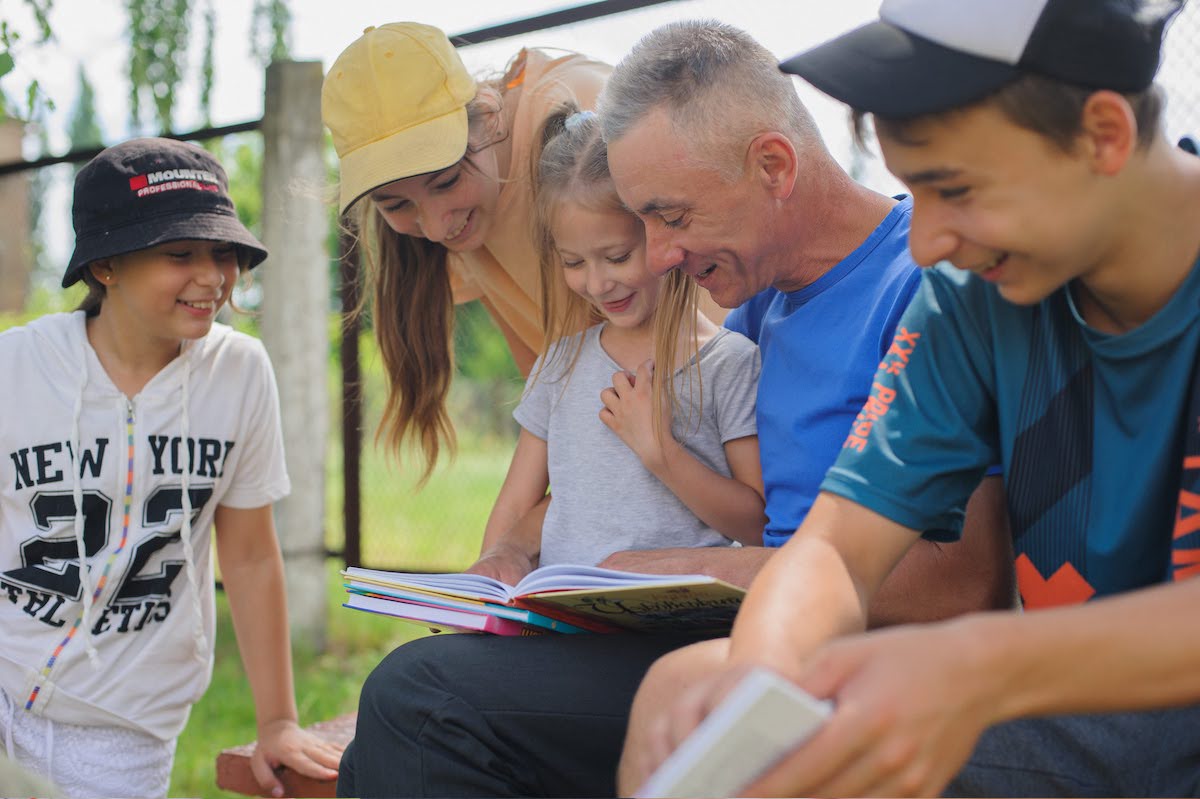
EdCamp applies social, emotional and ethical (SEE) learning, a system that develops 24 different capabilities including systems thinking, social skills, compassion and body literacy. The system has been piloted, with teacher training models, in 26 Ukrainian schools.
EdCamp Ukraine said: “Our innovation is the first national-level ecosystem, in Ukrainian, for social and emotional skills in schools, fostering children’s resiliency amid the war.”
Over the next three years, the aim is to expand the SEE learning programme and introduce it to 400,000 students through a network of 50 hub schools.
Stichting Designathon Works (global)
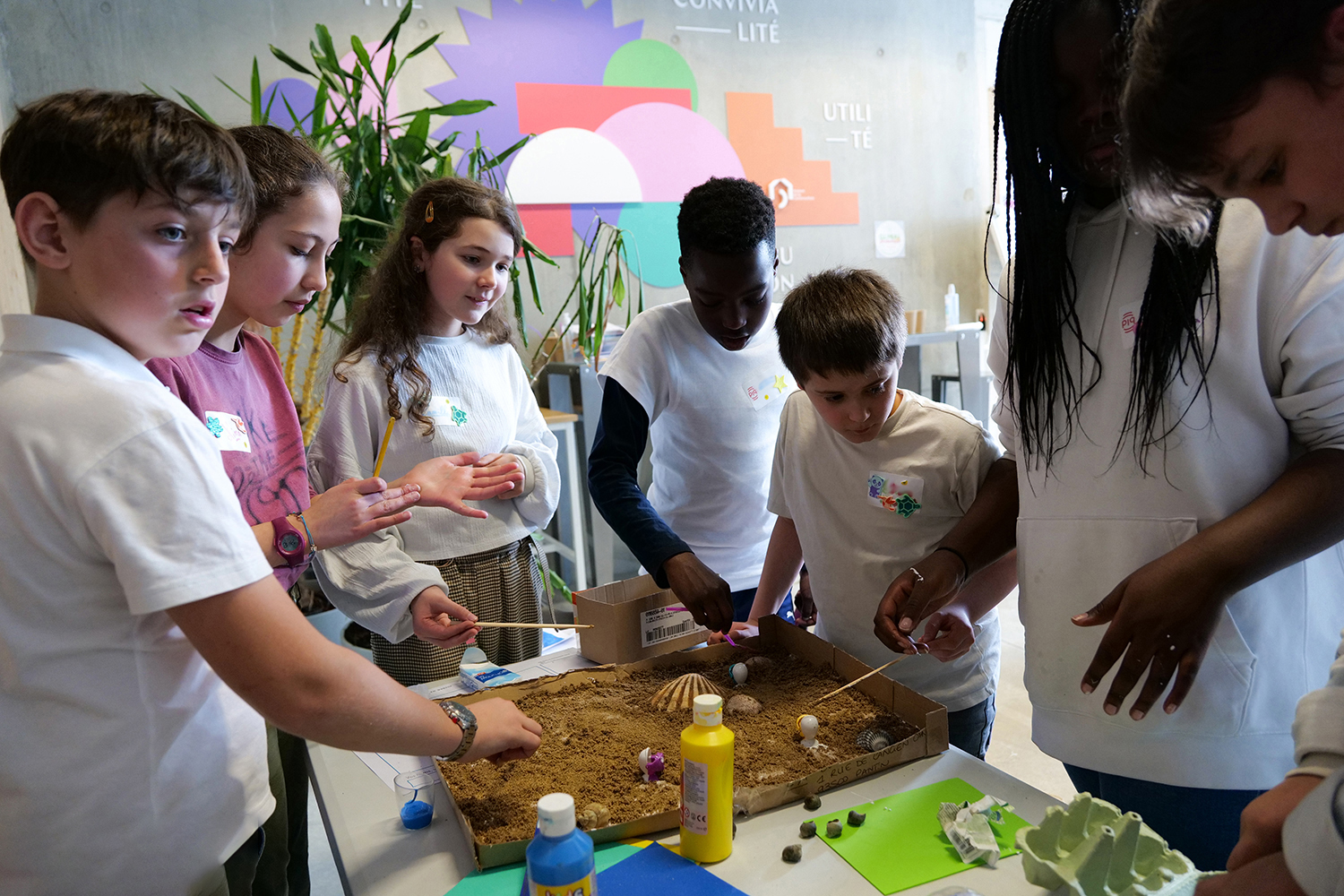
The organisation empowers children aged five to 12 worldwide to design sustainable futures using simple technologies through a collaborative design process. Children address issues such as climate change, water scarcity and poverty – designing, building and presenting their solutions.
Designathon Works said: “What distinguishes us is our innovative educational approach, empowering children as proactive change agents in their communities and the world.”
Within the next three years, Designathon Works aims to deliver a climate change and environmental curriculum, through partners in Asia, Africa and Europe.
Digital Chronicles (Uganda, Tanzania and Rwanda)
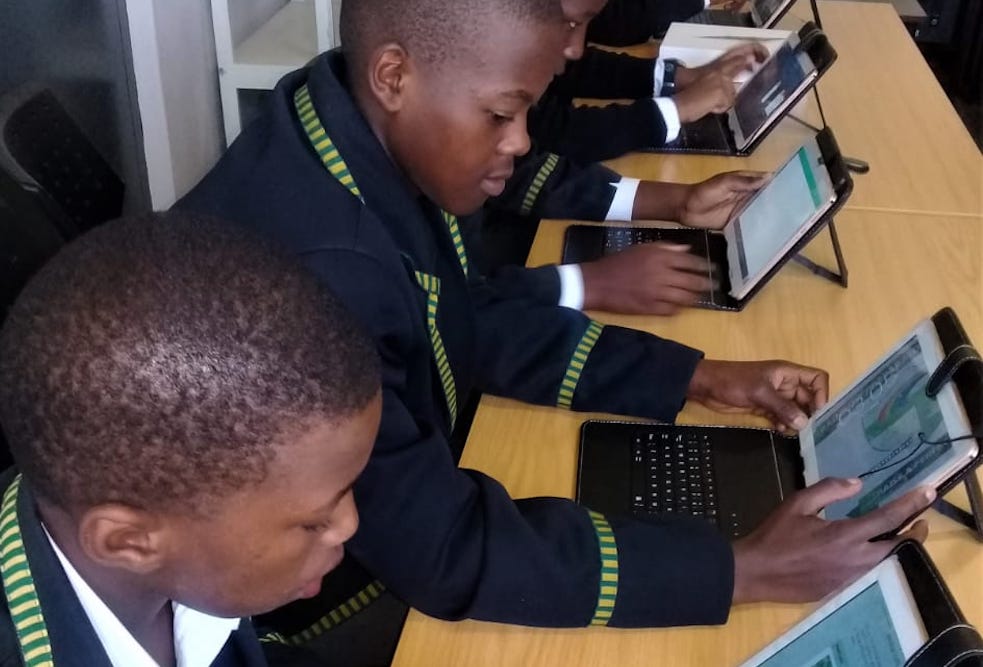
Digital Chronicles designed and developed an offline diagnostic tech assistant for primary schools called 3-D TATLAM. It diagnoses each learner’s competence in academic and other activities, identifying areas of strength and weakness, and informs the teacher of focus areas.
Digital Chronicles said: “It assists the teachers to generate lesson plans using weekly and termly planners and a curriculum monitoring tool. The application helps teachers analyse exam results and complete report cards.”
The scale-up aim over the next three years is to reach more than 37,000 students, with 3-D TATLAM rolling out in 150 primary schools.
Digify Foundation (South Africa)
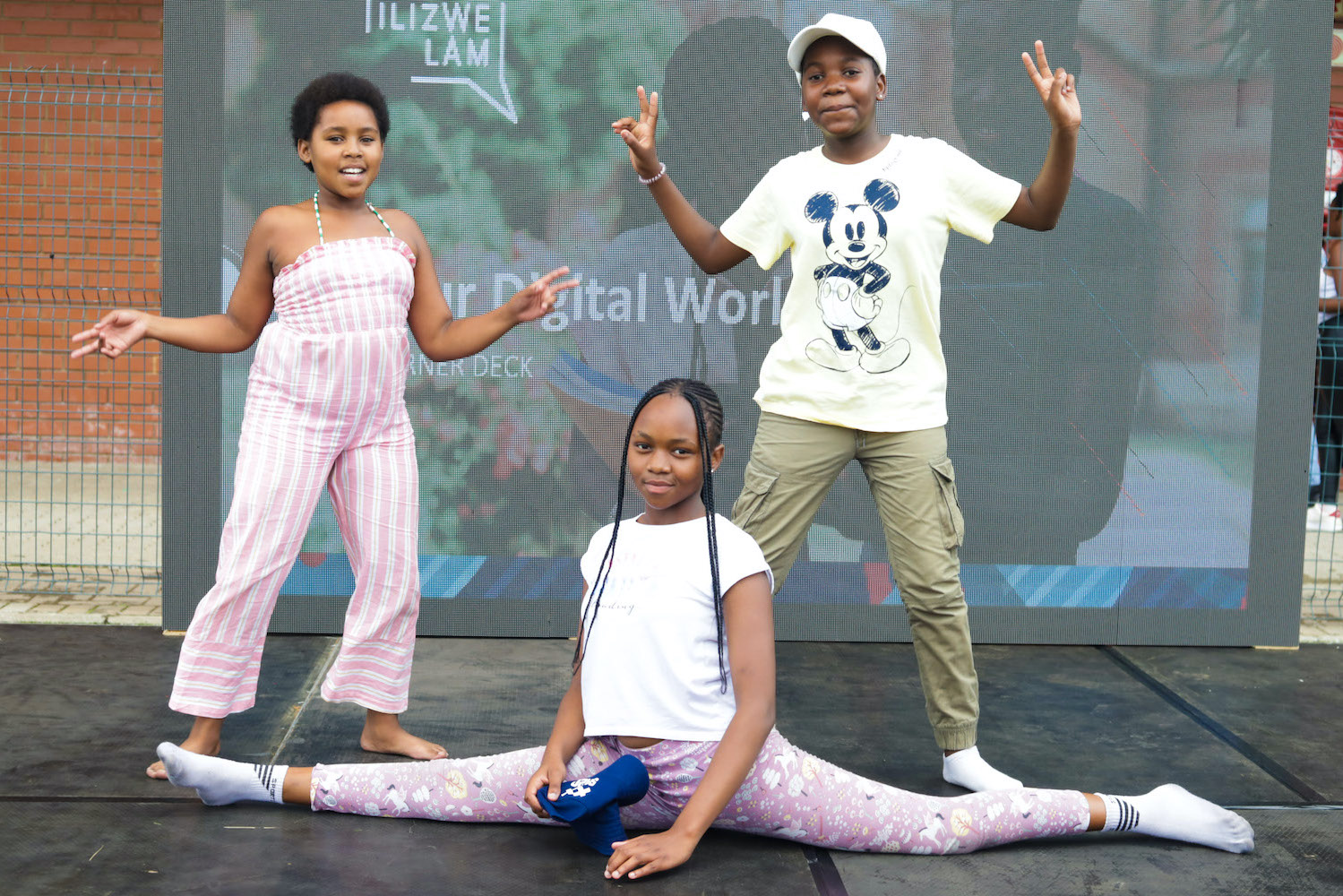
The foundation’s Kitso bot is a WhatsApp-based interactive learning platform that addresses limited digital literacy and internet safety skills among young Africans. They access self-paced education, multimedia resources and personalised learning paths tailored and analysed by the system.
Digify Foundation said: “Kitso scales effortlessly to meet the needs of an ever-growing learner base without the significant costs associated with expanding physical classrooms or teacher resources.”
The foundation aims to grow Kitso’s user base in the next three years to 10 million across Africa and beyond – also enhancing the curriculum, establishing educational partnerships and integrating AI for personalised learning.